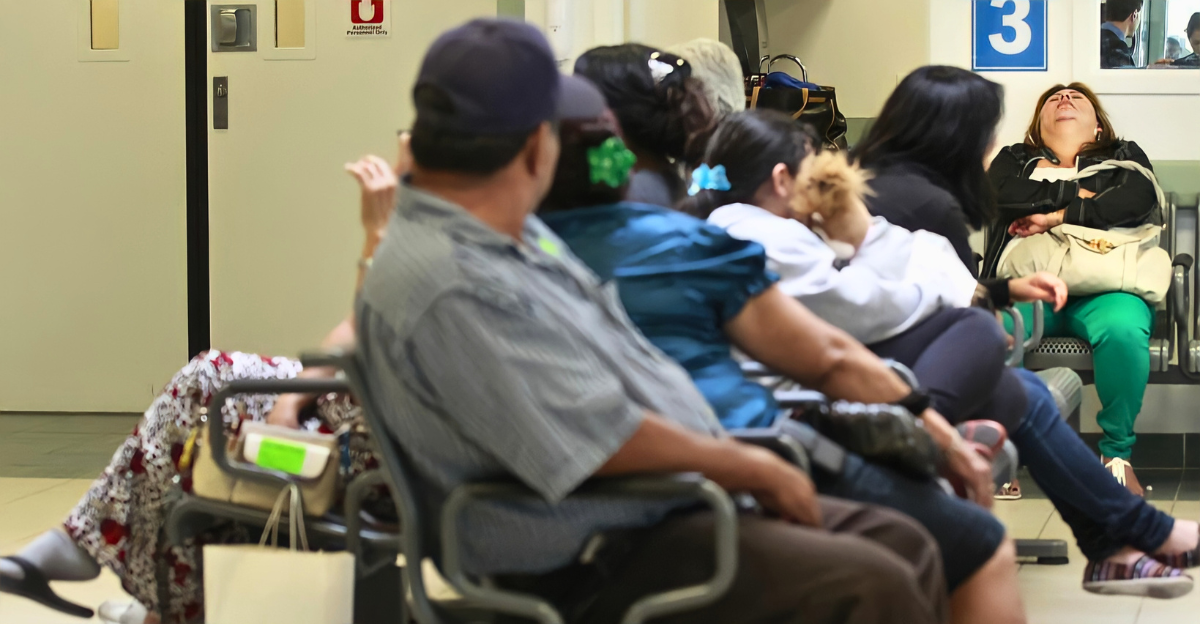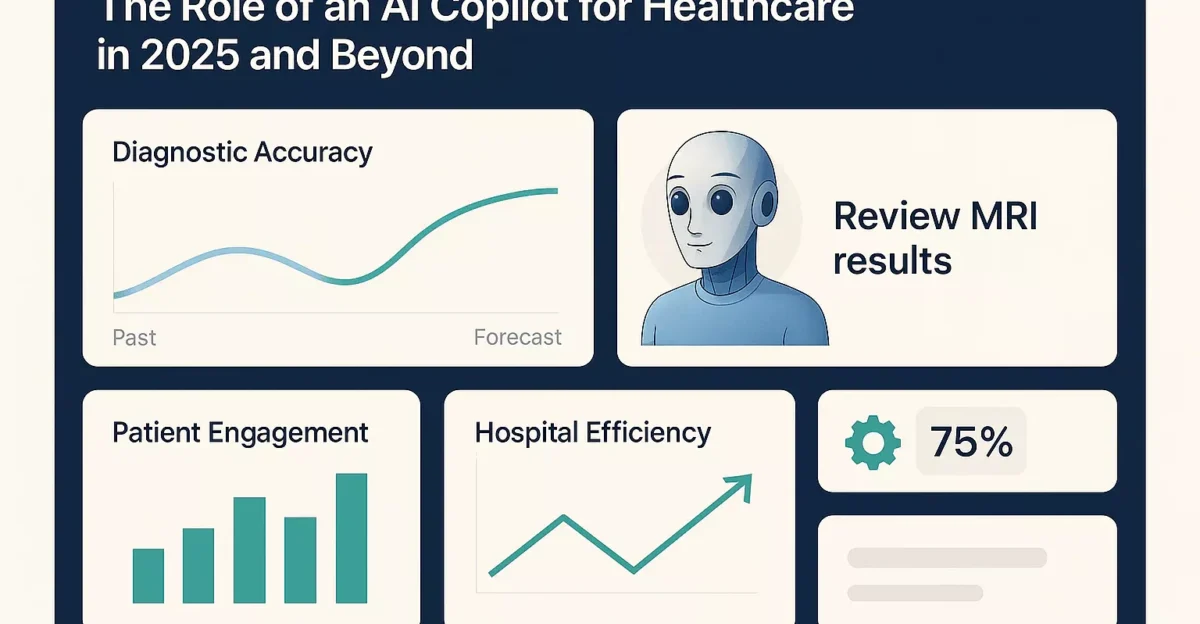
Major changes are coming to American healthcare as Medicare prepares to roll out a landmark pilot program.
Starting on January 1, 2026, millions of seniors may have to take new steps before getting some procedures. According to The New York Times, CMS is trialing an approach widely used by private insurers.
Healthcare policy expert Dr. Mehmet Oz says, “This will fundamentally reshape how Original Medicare approves care.”
Why It Matters

The shift affects nearly 69 million people, including most seniors and many disabled Americans. With prior approval already common in private plans, its expansion to traditional Medicare means providers and patients must quickly adapt.
TIME reports, “Critics warn this could delay access to life-saving treatments” as regulators tighten oversight. Stakeholders across the country are bracing for impact.
A Brief Background

Medicare was created in 1965 to safeguard senior health. Over the decades, fraud and unnecessary spending plagued the system, prompting occasional reforms.
Prior authorization, where insurers approve care before it’s provided, has steadily expanded in private plans. CMS now brings this tool to traditional Medicare, aiming to curb waste and contain costs.
The Pressure Mounts

Federal auditors flagged billions in avoidable expenses, especially for “low-value” procedures. According to CMS, up to $5.8 billion was wasted in 2022 alone.
Congressional hearings and public scrutiny intensified, with experts warning of Medicare’s dwindling solvency. Dr. Oz notes, “We must root out waste to safeguard taxpayer dollars.”
What’s Actually Changing

On January 1, 2026, the WISeR (Wasteful and Inappropriate Service Reduction) pilot will begin. Six states—Arizona, New Jersey, Ohio, Oklahoma, Texas, and Washington—will implement prior authorization for selected services. According to CMS, “AI and automation will help speed reviews, but final decisions rest with clinicians.”
States on the Frontline

Medicare beneficiaries in the six pilot states will be the first affected. Providers will need to submit advance paperwork for 17 different outpatient procedures.
According to Resource Medicare, millions in Arizona and Texas must adapt quickly, as new approvals become a routine part of care. This is expected to reshape workflows statewide.
Mixed Emotions

Doctors express mixed emotions about the rollout. Dr. Irene Martinez, a Texas pain specialist, says, “This adds steps and stress for those who need quick relief.”
Advocacy group AARP warns that such changes can be confusing, especially for vulnerable seniors. The need for streamlined communication is more urgent than ever.
Insurers’ Viewpoint

Private insurers have long required prior authorization, often sparking complaints of delays. Kiplinger notes, “Medicare’s move narrows the gap between public and private practices.”
Insurers welcome transparency, expecting more standardized approval timelines and digital tools to improve efficiency. But consensus on net benefit is elusive.
The Big Picture

Medicare covers almost 1 in 5 Americans. The program faces rising costs as the population ages. The WISeR pilot introduces technology, including AI, to help review requests and flag unnecessary care.
Dr. Oz explains, “We’re prioritizing patient safety while stretching each dollar further.” Outcomes could shape Medicare’s future nationwide.
Procedures Most Affected

The pilot focuses on 17 outpatient services most susceptible to fraud or waste. These include electrical nerve stimulators, epidural steroid injections, knee arthroscopy, skin and tissue substitutes, and non-emergency ambulance transport. Stark Associates notes, “AI tools will handle initial reviews, but complex cases will get clinician oversight.”
Provider Frustration Grows

Clinicians anticipate heavy paperwork and worry about delays. Dr. S. Kline of Oklahoma City comments, “Administrative burden could overwhelm smaller practices.”
Some hospitals plan to hire new staff or update IT systems to manage requests. The Medicare Family advises doctors to prepare now for extensive process changes.
Who’s Steering the Ship

CMS leads the WISeR pilot, partnering with technology companies to develop AI review systems. Federal task forces will oversee accuracy, timeliness, and real-world impact.
Dr. Mehmet Oz reassures, “CMS will adjust workflows based on provider feedback and monitor any access issues closely.”
Adaptation Strategies

Pilot-state hospitals are retraining staff and upgrading electronic health records. Professional organizations offer webinars to guide practices through new rules.
According to Stark Associates, these efforts should “help providers minimize claim denials and keep patients on track for necessary treatments.”
Divided Opinions

Policy experts differ on potential outcomes. Proponents say prior authorization curbs fraud and cuts waste. Skeptics warn it could delay vital care and frustrate patients. Multiple studies will track pilot results, comparing costs, delays, and patient experiences through 2031.
Nationwide Expansion?

Will the WISeR pilot expand nationwide? CMS officials are noncommittal but suggest broader adoption if metrics show reduced costs without harm.
Independent analysts will watch closely, noting this effort could mark the start of system-wide transformation. Future rule changes remain possible.
Political Showdown

Congress is divided over the pilot’s long-term implications. Some lawmakers support aggressive fraud prevention; others fear care delays and increased bureaucracy.
Dr. Oz, CMS Administrator, insists “Safeguarding access remains our top priority.” Debate is expected to intensify with each pilot report.
Global Repercussions

Foreign health systems, including those in Canada and the UK, are monitoring U.S. reforms. Prior authorization is standard practice abroad, but the scale of AI integration is unprecedented.
Kiplinger reports, “International regulators are watching pilot results for lessons on automation in public insurance.”
Legal and Regulatory Tensions

Some providers foresee potential court cases if patients are denied timely care. Advocacy groups vow to scrutinize denial patterns and challenge unjust rejections. The WISeR pilot mandates public reporting to track approval rates and transparency.
Navigating Ethics

Many patients feel anxious about red tape, fearing it could threaten crucial doctor-patient relationships. AARP’s policy director notes, “We must balance efficiency with compassion.” Ethical debates continue on when cost controls help or hinder health outcomes.
Bigger Questions

The WISeR pilot opens the door to fundamental questions about public healthcare. How far should Medicare go to police spending without limiting care?
Dr. Oz concludes, “This is only the beginning—expect ongoing evolution and debate in American health policy.” The story remains far from finished.